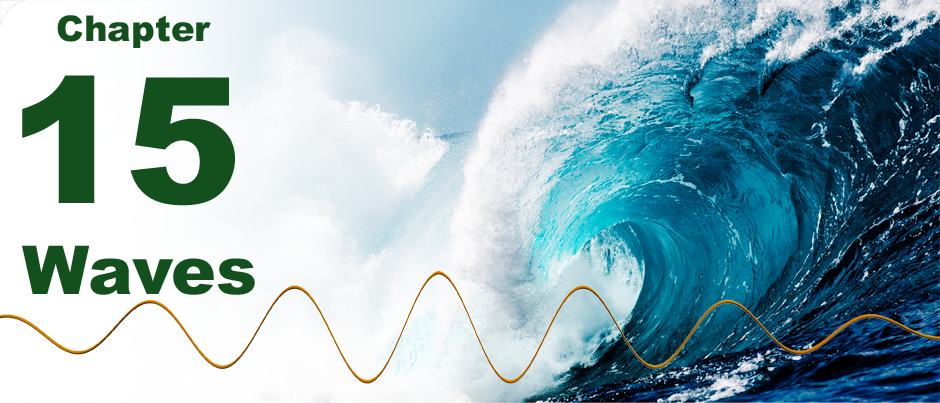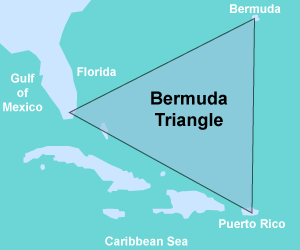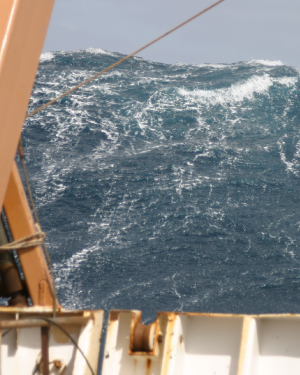 |
 In 1952, a magazine writer claimed that supernatural forces were causing ships and planes to disappear in a place the writer named the Bermuda Triangle—a triangle bracketed by Miami, Puerto Rico, and the island of Bermuda. Subsequent investigations showed that the losses, while tragic, were statistically unremarkable. Nevertheless, ships at sea can disappear suddenly with hardly a trace. The culprit, in many cases, is a rogue wave: a mountain of water that can break a ship apart or submerge it in a single blow.
In 1952, a magazine writer claimed that supernatural forces were causing ships and planes to disappear in a place the writer named the Bermuda Triangle—a triangle bracketed by Miami, Puerto Rico, and the island of Bermuda. Subsequent investigations showed that the losses, while tragic, were statistically unremarkable. Nevertheless, ships at sea can disappear suddenly with hardly a trace. The culprit, in many cases, is a rogue wave: a mountain of water that can break a ship apart or submerge it in a single blow. 
|
“Most people don’t survive encounters with such waves,” according to Sebastian Junger, author of The Perfect Storm. One sailor who did survive was English adventurer Beryl Smeeton. Recalling a rogue wave off of Cape Horn, she wrote, “The whole horizon was blotted out by a huge grey wall... a wall of water with a completely vertical face, down which ran white ripples, like a waterfall.” The wave flipped her 46-ft (14-m) boat and stripped it of its masts, but the crew survived. Others have not been so lucky. In 1976, the oil tanker Cretan Star reported being “struck by a huge wave that went over the deck.” The ship was never heard from again. 
|
 To those who have survived to tell the tale, the appearance of a rogue wave seemingly violates natural law. But in fact rogue waves are the result of a basic physics concept called constructive interference. When the crests of several unrelated waves arrive in one place simultaneously, their heights are added—even if they may have largely canceled one another out in other nearby locations. Research suggests that these waves can also be amplified by ocean currents that crowd their crests together. Such currents frequent Africa’s Cape Horn and the Gulf Stream, an immense flow of warm water that crosses the Atlantic Ocean from the Caribbean Sea to Western Europe. Fortunately, rogue waves are rare!
To those who have survived to tell the tale, the appearance of a rogue wave seemingly violates natural law. But in fact rogue waves are the result of a basic physics concept called constructive interference. When the crests of several unrelated waves arrive in one place simultaneously, their heights are added—even if they may have largely canceled one another out in other nearby locations. Research suggests that these waves can also be amplified by ocean currents that crowd their crests together. Such currents frequent Africa’s Cape Horn and the Gulf Stream, an immense flow of warm water that crosses the Atlantic Ocean from the Caribbean Sea to Western Europe. Fortunately, rogue waves are rare! 
|
| |
|

